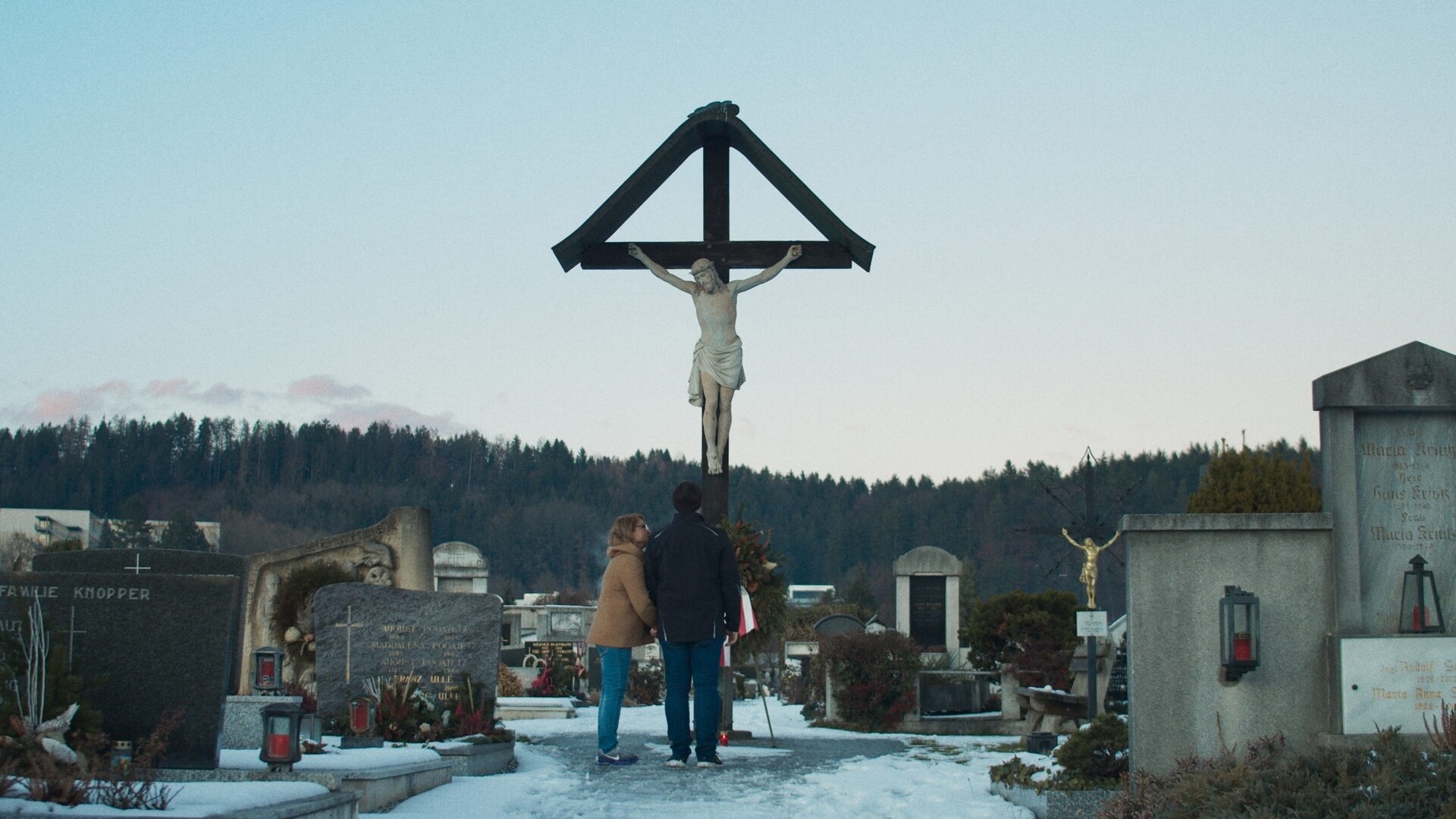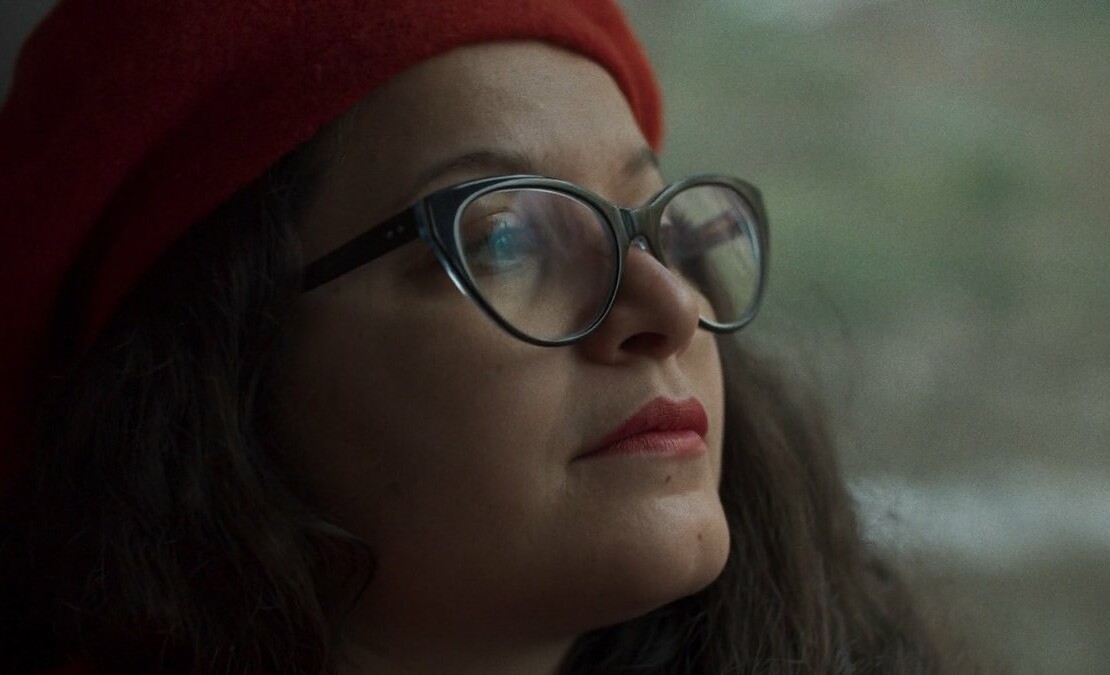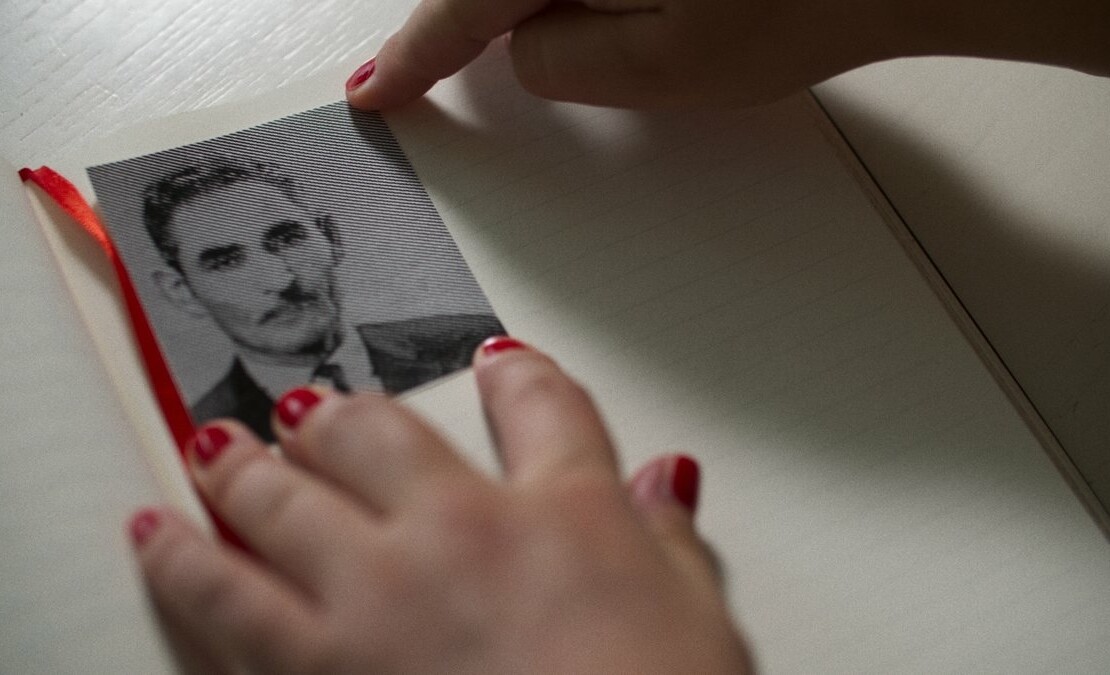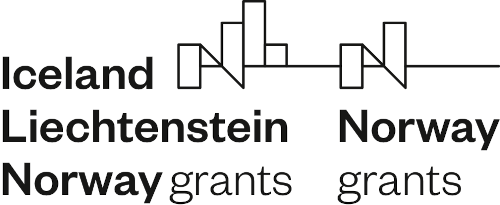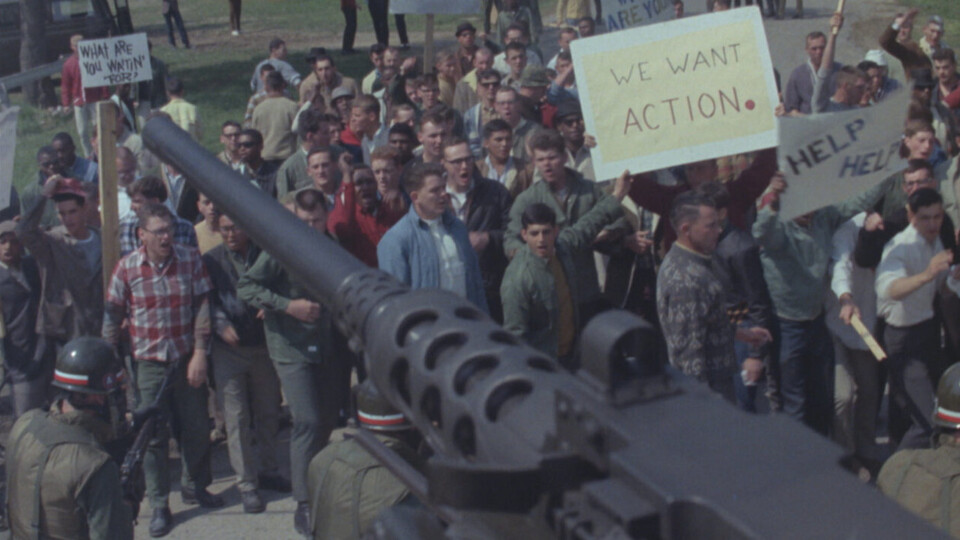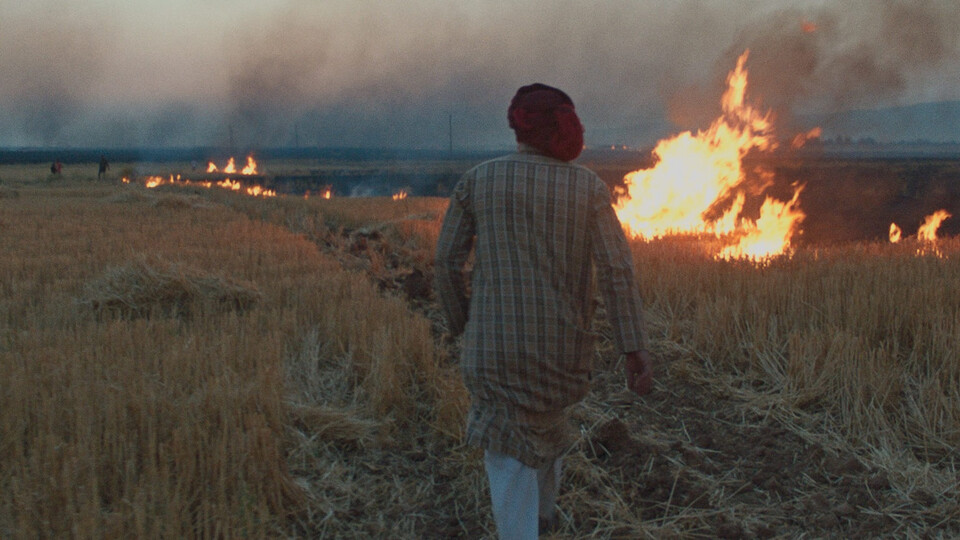Stepping out of oblivion – The heritage yet to be embraced
How I Became a Partisan by Vera Lacková tells an almost forgotten story of Slovak history – Roma partizans. Is our contemporary society blind to lessons of the past and if we do not learn from our mistakes, is history bound to happen again? The film was screened at Ji.hlava IDFF 2021.
Our generation often talks about history – especially those events that occurred in relation to the rise and fall of Nazism. One of Europe’s darkest periods is a frequent subject of many books, academic forums and debates and is regularly taught about in schools. For those growing up in Slovakia, one of the most significant events associated with the era would undoubtedly be the Slovak National Uprising – the resistance’s revolt against the dreadful regime various European nations were subjected to between the years 1939 and 1945. Alongside a number of particular names associated with the act, other communities are credited with having helped the uprising take place – Czechs, Romanians, Ukrainians, Bulgarians, Poles, members of the Social Democratic and Communist party. The act is generally agreed to be a conjoint event but despite that, there are groups that are often pushed aside and somewhat marginalized and forgotten – and as How I Became a Partisan (2021) brings to our attention, one of these are the Roma people, an ethnic group that didn’t just suffer under Hitler’s regime but also showed a great courage and helped the uprising come to reality.
Closely and personally tied to the issue, a Slovak director Vera Lacková takes us along on her journey to learn more about the significant role the Roma played in the Slovak resistance and how it was her own tragic family experience that brought the matter to her attention. Over the course of 90 minutes, Lacková (who happens to be the director, producer, screenwriter and a main protagonist of the picture at the same time) allows us to enter the world of partly forgotten, partly rejected past of a nation that often gets sidelined from official history. How I Became a Partisan, a very intimate and touching documentary that maps the director’s steps as she single-handedly retraces some of the Roma people whose lives were lost at the hands of the Nazi rule during the Second World War, first premiered at the goEast Festival in Germany where it acquired a prestigious award in the field of cultural diversity and was now screened for Czech audience at the Ji.hlava International Documentary Film Festival.
The director’s debut combines various visual and narrative elements and creates a compelling mosaic of history, present and future, and suggests that that these three are firmly intertwined. Through nearly ubiquitous voiceover, the documentary smoothly fuses together what could be perceived as three main layers of the film’s storyline – Lacková’s interactions with people outside of her comfort zone (such as neighbors, local government workers, clerks and politicians), her talks with family, friends and closer clique and her own inner monologues, directed at herself and the picture’s spectators. All three present the audience with a different approach to the story and what happened in the 1940’s – while Lacková’s conversations with strangers and officials might leave the moviegoers feeling somewhat somber and gloomy, her chats with family members tend to spark deeper emotion that is often fairly joyful and her own thought streams and contemplations occasionally give off what could be described as nearly magical, non-real vibe. The fairytale-ish feeling of the documentary is constantly enforced by the way the story blends together raw interviews and individual statements with creative editing that juxtaposes the current visual state of used locations with archival footage or photographs and what are evidently staged moments where Lacková contemplates what happened not just to her family but also many others.
Perhaps the strongest element of the narration is a fairytale first told to Lacková by her grandmother, then re-told by the director to her own infant son that encapsulates the entire documentary – a bedtime story about evil king that usurped a country and brought hell upon everyone who didn’t obey and live by his rules. This child-like and innocent way of grasping one of the most horrendous chapters of history portrays the heartbreaking fate of the victims of the regime as not just more crushing and pitiful, but also completely unnecessary and in vain. In spite of that, Lacková ends the movie on a considerably positive note – her efforts to search out descendants of particular people from her community are successful, to a certain degree, she manages to raise public awareness and gives birth to child that’s hopefully going to grow up a member of a more historically aware generation, conscious of its past and what its ancestors had to endure. Still, she leaves the audience with a pressing question – is society blind to lessons of the past and if we do not learn from our mistakes, is history bound to happen again?
---
This article is a result of the project Media and documentary 2.0, supported by EEA and Norway Grants 2014–2021.

